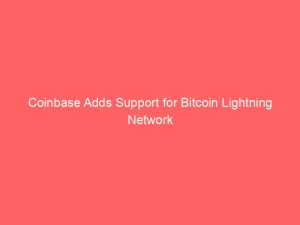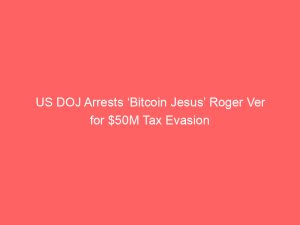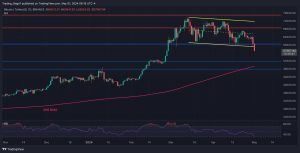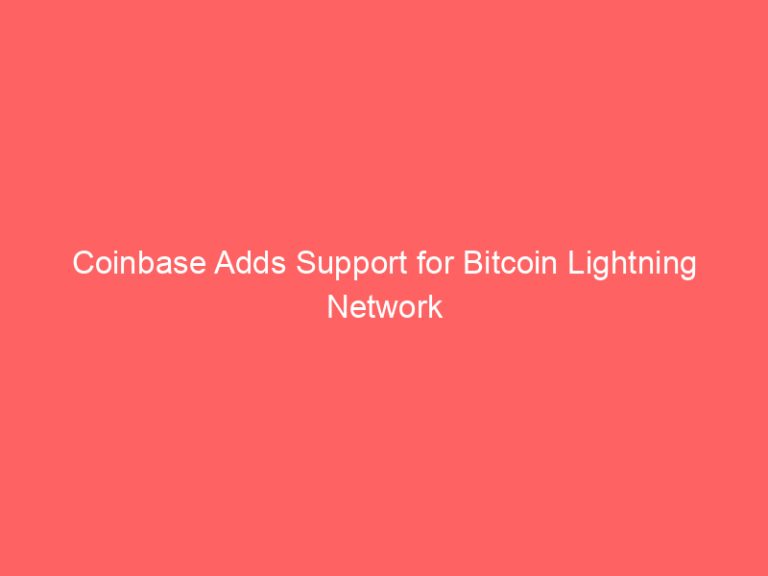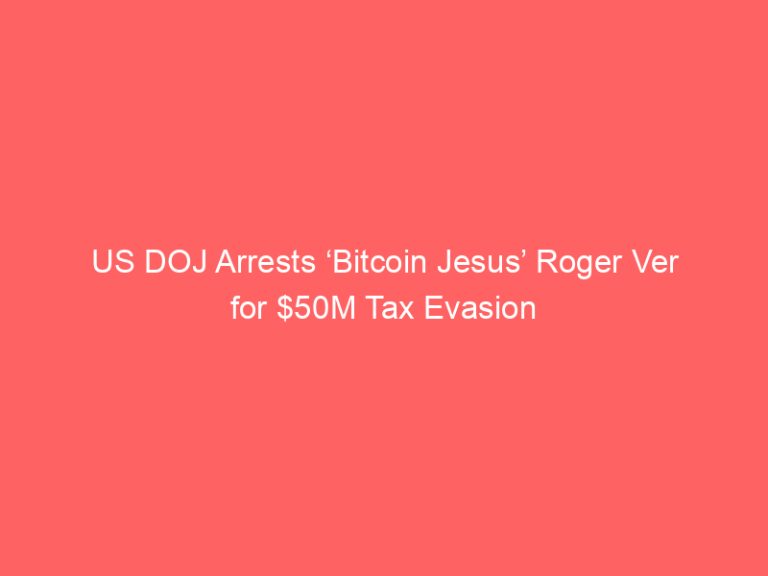

Andrew Throuvalas


Bitcoin Hits an All-Time High But It’s Not What You Think
The cost of buying Bitcoin (BTC) is pushing record highs this week – and in a sense, so is the cost of moving it.
On-chain data shows that the price for Bitcoin block space has touched a new all-time high in BTC terms – largely due to massive demand created by Ordinals transactions.
Record Demand For Bitcoin Blockspace
Bitcoin for Fairness founder Anita Posch highlighted the record cost on X, showing that transactions reached a cost over 350 satoshis per vByte (sat/vB) on Thursday.
A vByte is a measure of block weight and transactions, with one vByte equal to four weight units. Each Bitcoin block can store 4 million weight units of witness data in total, with the standard SegWit-based transaction weighing just 1 weight unit.
Mempool data shows that the weight of Bitcoin’s mempool (where still unconfirmed transactions are stored) reached a new high of 390 vMegabytes (vMB) on Tuesday. That’s a sign of major blockchain congestion, meaning slower BTC settlement times and more costly transactions – which destroys the feasibility of smaller on-chain payments.


“I stop onboarding users to on-chain in Ghana, South Africa, etc. at these fees,” Posch wrote to X, noting that transactions at such costs are equal to “10% of the average income in many countries.”
Bitcoin’s fees have exploded at several points this year during times of surging Ordinals activity – a protocol for issuing NFT and tokens on the Bitcoin blockchain. Unlike other blockchains, Bitcoin NFTs store the image data for its tokens directly on-chain, making for sizable and costly transactions.
Benefits To Bitcoin Miners
According to Dune Analytics, Ordinals fees paid by users tallied $1.9 million on Tuesday, and another $854,000 on Wednesday. In total, related transactions have accrued $148.4 million in fees to date.
Some Bitcoiners including Bitcoin Core developer Luke Dashjr believe Ordinals transactions constitute a form of network spam. His newly launched Bitcoin mining pool, OCEAN, has opted to filter Ordinals transactions to let miners “contribute toward blocks full of real transactions.”
Ethereum gas fees have also nearly doubled since last month following the introduction of Buterin Cards NFTs, touching their highest level since May of this year.
Ordinals allowed Bitcoin transaction fees to rival those of Ethereum last month, pulling in ~$52.6 million in fees between November 18 and November 25, versus Ethereum’s $61.5 million.
According to HashRate Index, between 25% and 30% of rewards to Bitcoin mining pools have come from transaction fees alone over the three days, as opposed to miners’ standard 6.25 BTC block subsidy. The upcoming Bitcoin “halving” in April will cut that subsidy in half.
The post Bitcoin Hits an All-Time High But It’s Not What You Think appeared first on CryptoPotato.





